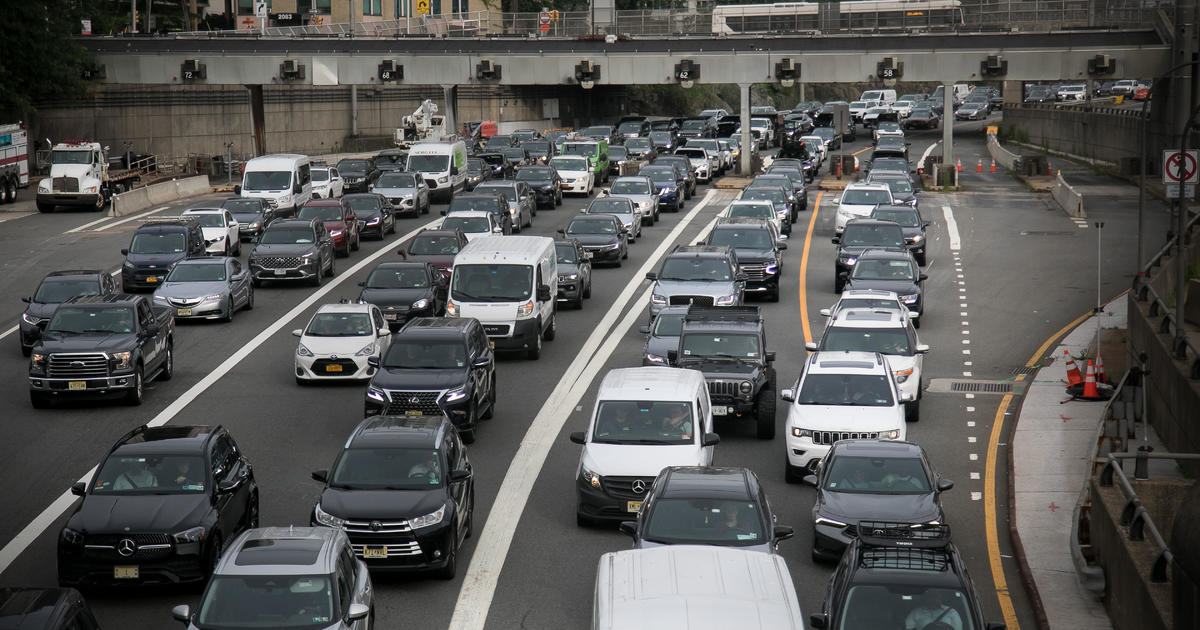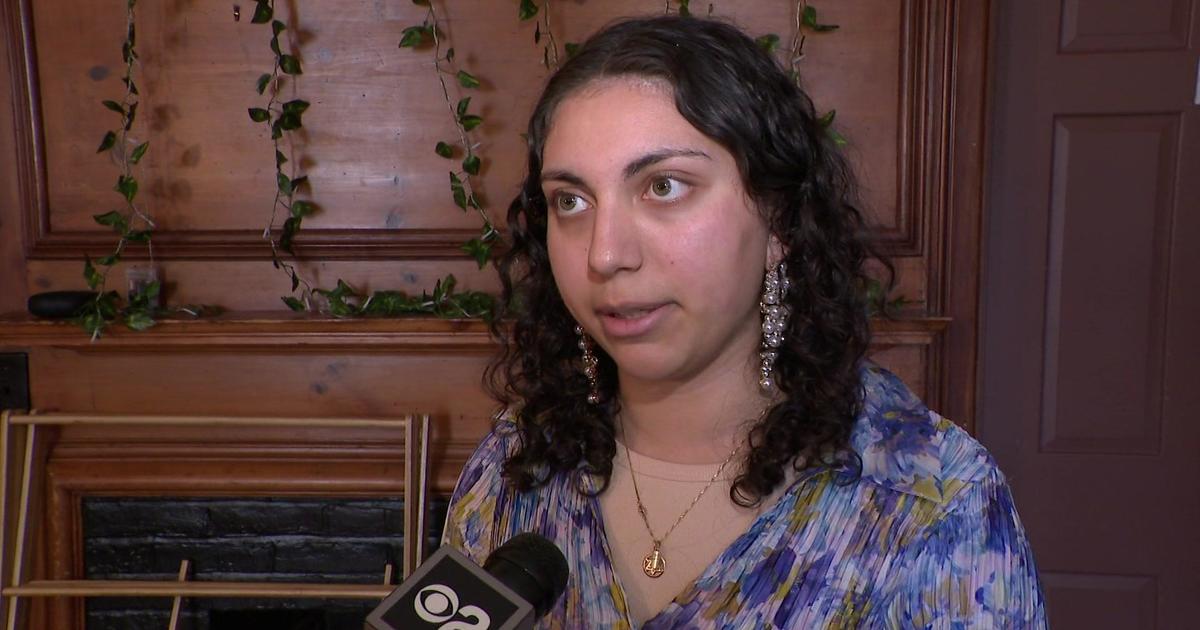Federal Judge Continues Ban On NY Indian Cig Tax
BUFFALO, N.Y. (AP) -- Rulings by two federal judges will continue to prevent the state from collecting taxes on some Indian cigarette sales while tribes continue their legal fight against an issue that has caused tension for decades.
But Gov. David Paterson's administration said Friday the state is closer than ever to settling the issue after one of the judges confirmed the state's right to tax reservation cigarette sales to non-Indian customers and said doing so would not infringe on tribal sovereignty.
"It's time for decades of court battles to come to an end,'' Paterson spokesman Morgan Hook said.
U.S. District Judge Richard Arcara on Thursday denied the Seneca and Cayuga Indian Nations' request for a preliminary injunction against the tax, saying it was unlikely that the western New York tribes could substantiate their claims that it would overburden them and impinge on their sovereignty.
Arcara, in a separate order, granted a delay in the start of collections to give the tribes time to follow through on a promised appeal of his ruling. A temporary order was set to expire Friday.
A Utica judge's decision in a separate case brought by the Oneida Indian Nation was less favorable to the state.
Unlike his counterpart in Buffalo, Judge David Hurd agreed with arguments that the state's plans to require wholesalers to pre-charge tribal retailers the $4.35-per-pack tax are unconstitutional and granted a preliminary injunction blocking enforcement against the central New York tribe.
Hurd noted that the Oneida Nation would have $3.5 million tied up in prepaid taxes at any given time because it maintains an inventory of 80,000 cartons.
"The harm from permitting the state to enforce its new tax law will be irreparable to the Oneida Nation,'' he wrote.
He also granted the Oneidas' request to send the case to mediation in hopes of a quicker final resolution.
Arcara, in extending his temporary ban on taxing Seneca and Cayuga sales, cited the possibility of layoffs among the 3,000 employed in 172 Seneca Nation smokeshops and said he did not believe the state would be hurt by the delay.
He also noted predictions by both sides that there could be violence if the tax takes effect and said it was in the public interest to suspend the plan.
The last time the state tried to collect the tax, in 1997, protesters lit tire fires and shut down a 30-mile stretch of the New York state Thruway that bisects Seneca land near the Pennsylvania line. Since then, governors have followed a policy of "forbearance'' allowing tax-free sales to continue despite state law saying the tax should be collected.
Seneca President Barry Snyder Sr. said the 7,800-member tribe is disappointed its request for an injunction was denied but will continue to fight the state's plans. Nation leaders say the state tax would interfere with the tribe's own internal taxing scheme which generates revenue for health and education programs.
"We are thankful that (Arcara) granted our motion for a stay pending appeal and the state still cannot enforce their unlawful and improper tax scheme against the Seneca people,'' Snyder said in a statement late Thursday. "The fight is far from over.''
Seneca and Cayuga attorneys have indicated they will challenge Arcara's decision in the U.S. Court of Appeals.
The St. Regis Mohawk tribe in northern New York and Poospatucks of Long Island also are challenging the taxation of sales to non-Indian customers in cases pending before Arcara.
State tax officials had planned to begin collections on Sept. 1 as a way to generate $110 million in revenue this fiscal year and $200 million a year after that. Wholesalers would be required to prepay the sales taxes before supplying Native American stores, forcing them to pass along the charge to tribal retailers, who in turn would have to raise their prices and lose their competitive edge over off-reservation convenience stores.
Cigarette makers sold 24 million cartons of non-native-brand cigarettes to tribes in New York in 2009, with the Senecas buying the most at 10.2 million, the state Department of Taxation and Finance said. Tribes also sell millions of cartons of American Indian brands.
___
Associated Press Writer George Walsh contributed to this report from Albany.
(Copyright 2010 by The Associated Press. All Rights Reserved.)



